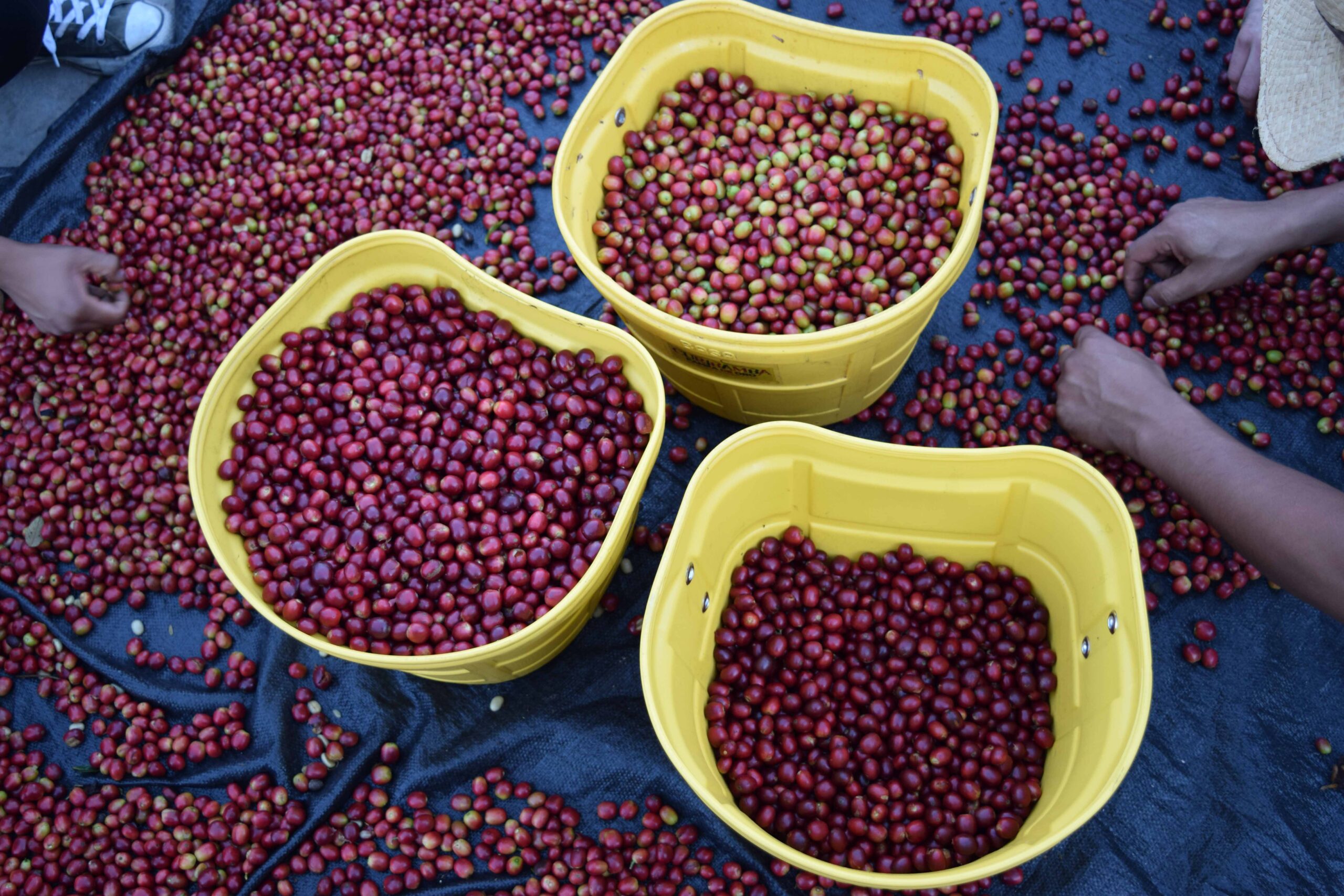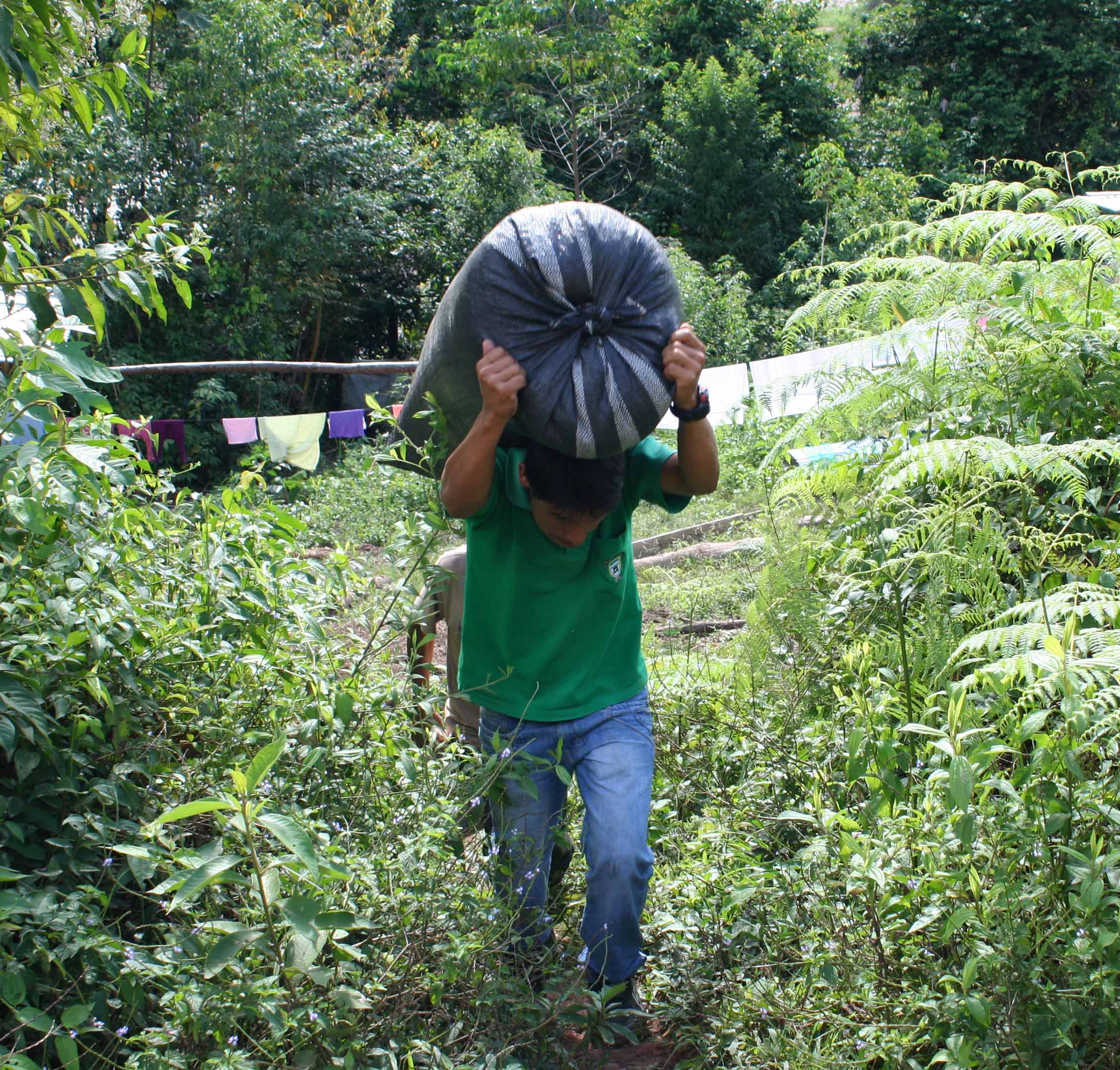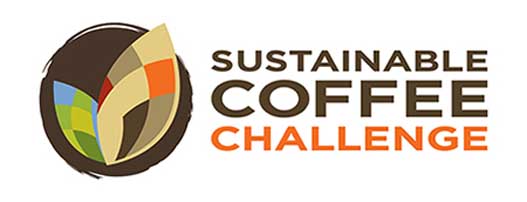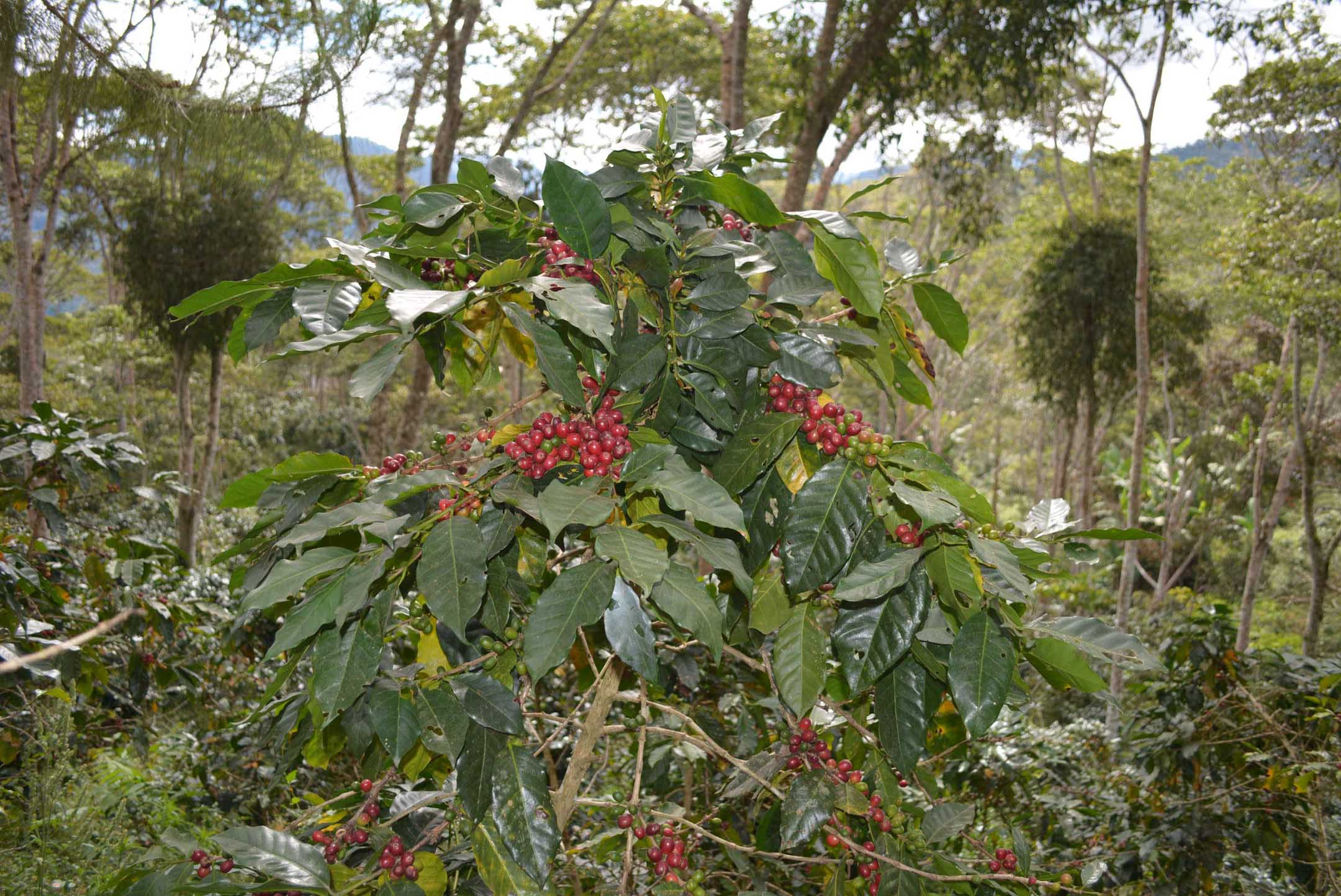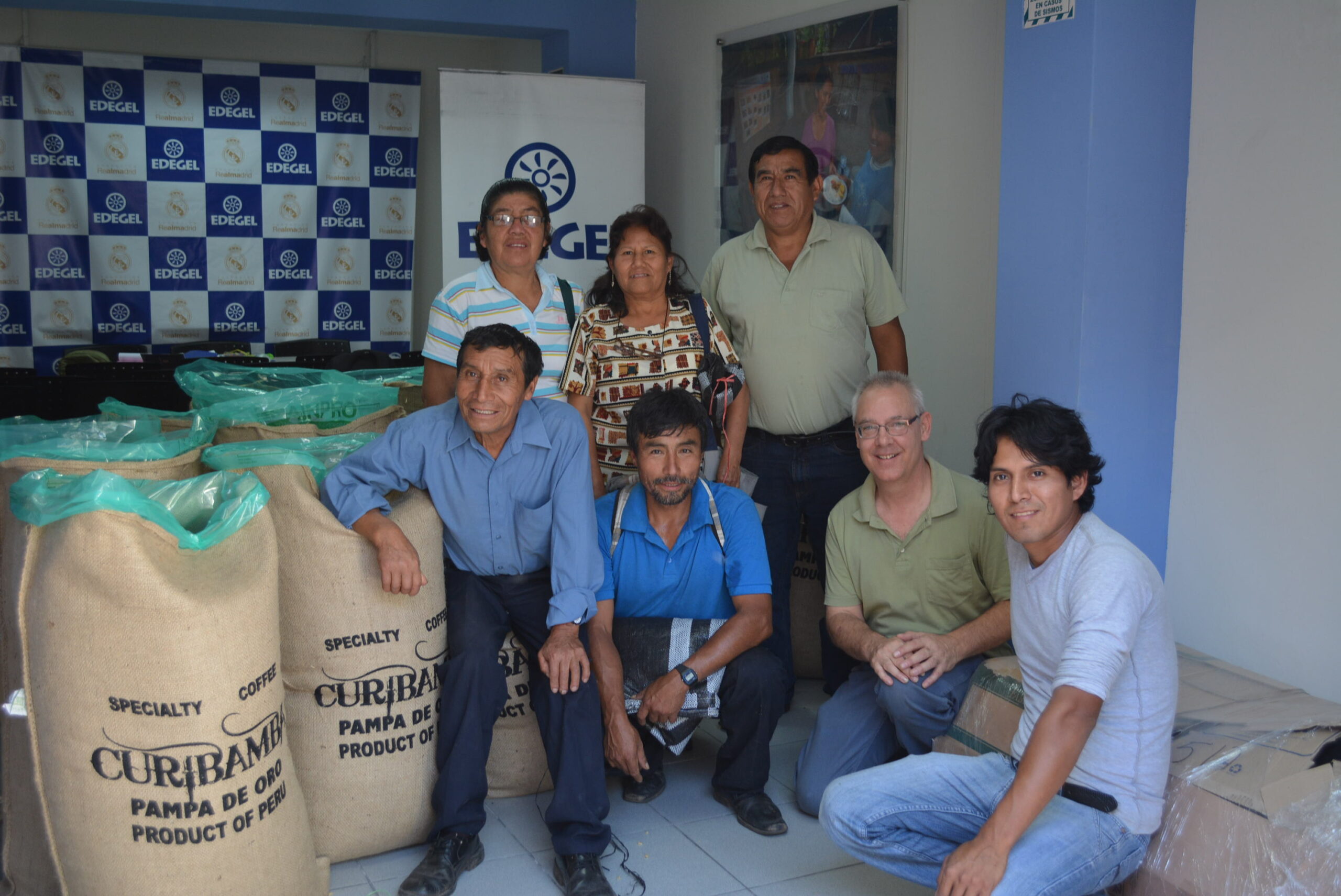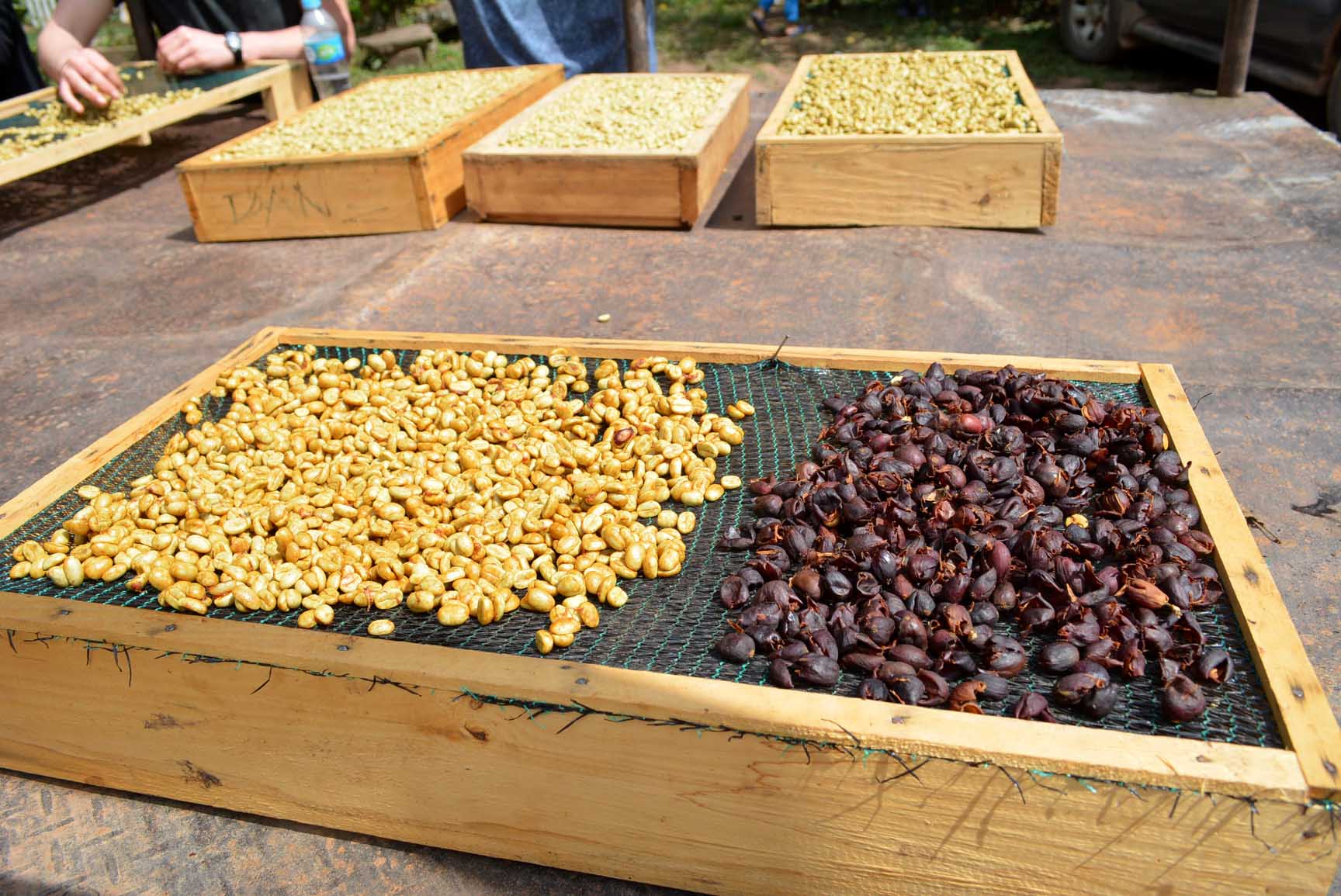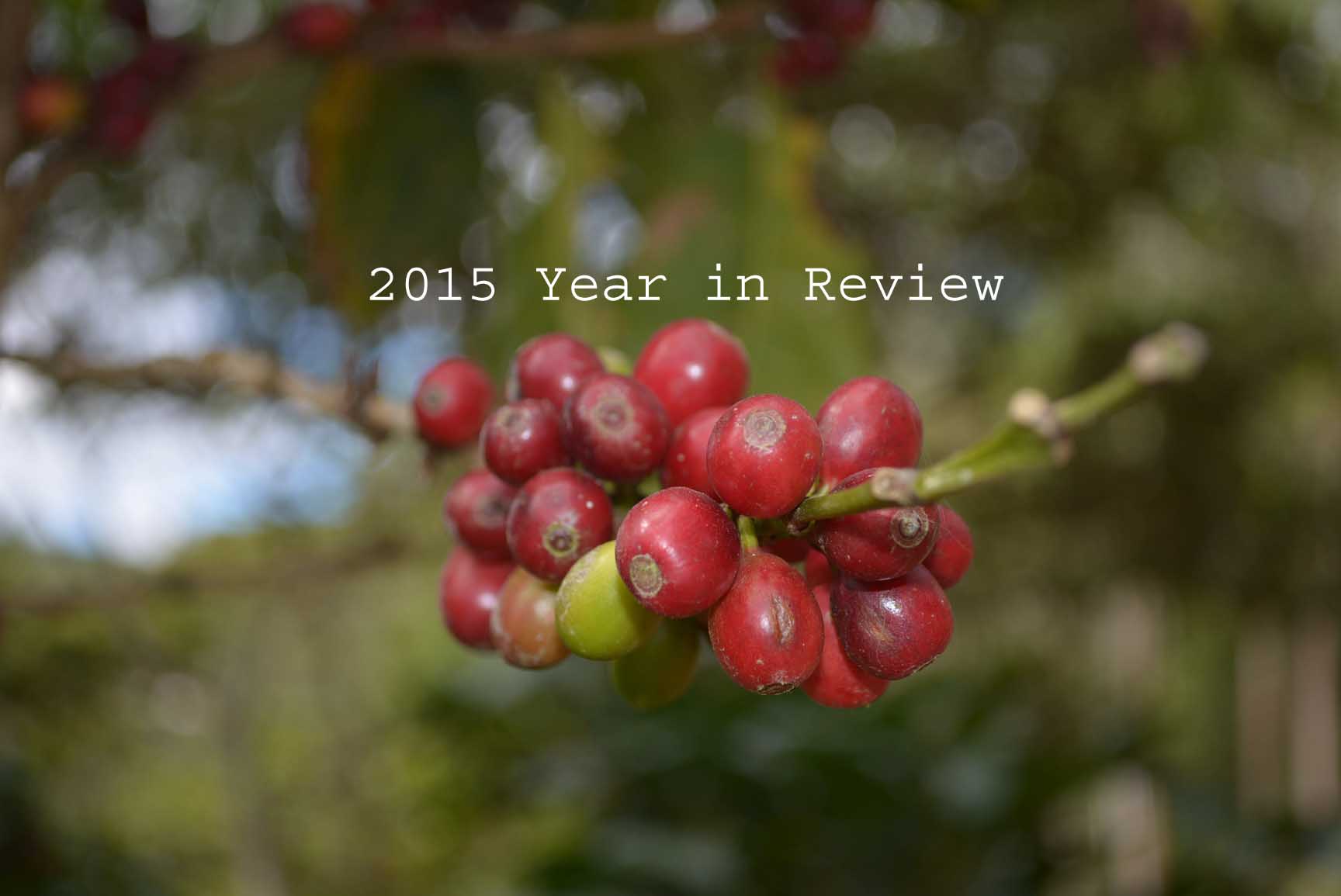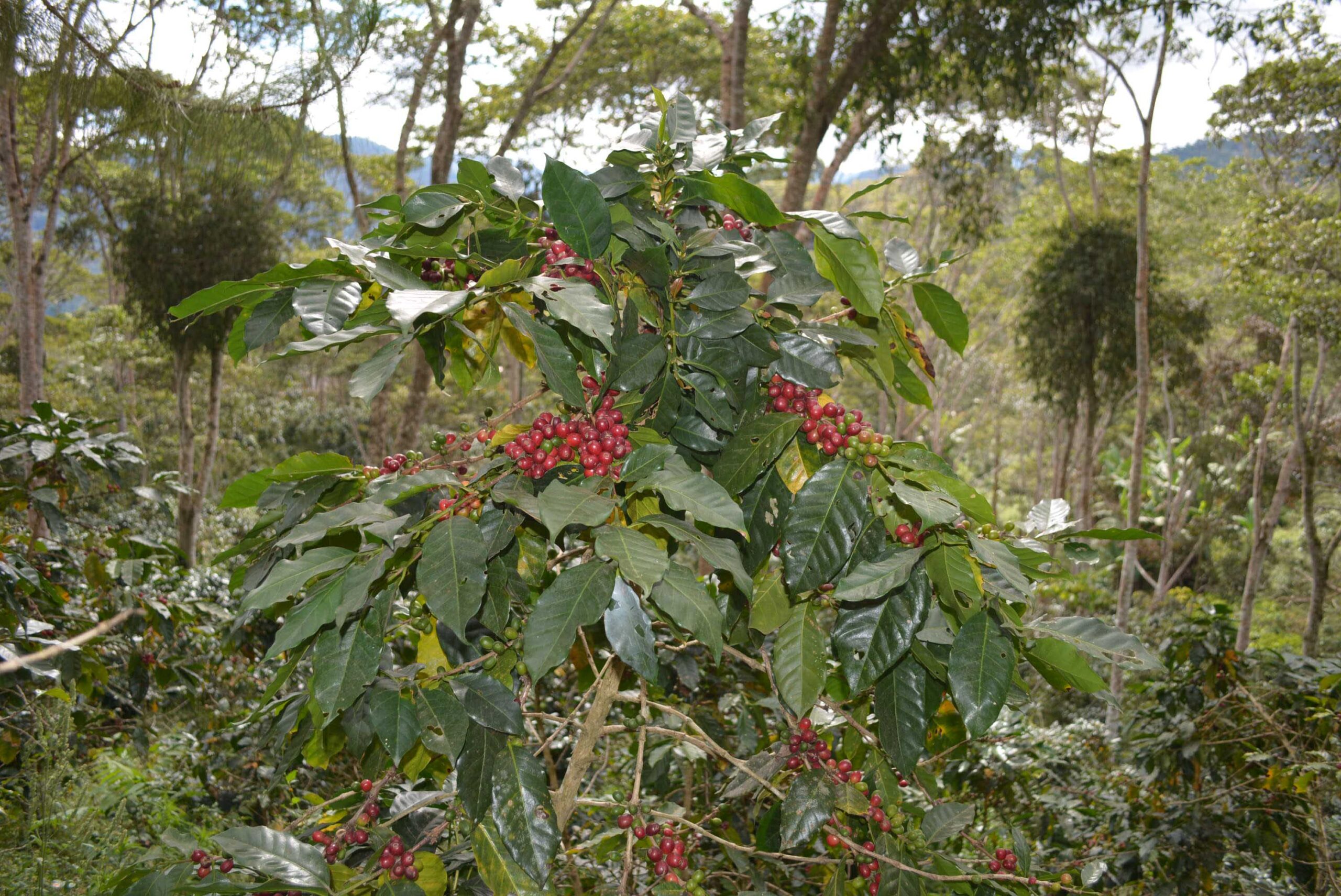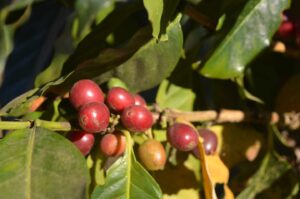The Sustainable Coffee Challenge is working to having coffee be the first truly sustainable product. At the SCAE World of Coffee event in Dublin this week, the official kickoff begins.
From The Sustainable Coffee Challenge:
On Thursday, June 23rd we will officially launch a beta version of the Sustainable Coffee Challenge Commitments Hub at the SCAE World of Coffee in Dublin. The Hub will help us to showcase our collective investments and actions made across the coffee sector.
Commitments generally take the form of investments and actions that are undertaken to achieve specific targets or outcomes. Within the Sustainable Coffee Challenge, partners have agreed that the following principles should guide commitments:
- New or active commitment: Every commitment that is stated via the Sustainable Coffee Challenge should be either a new commitment or an existing commitment that has yet to be achieved.
- Incorporates SMART objectives: Commitments should be specific in what they set out to achieve, incorporate measureable targets, be ambitious in nature, relevant for the industry, organization or supply chain that it is targeting, and time-bound.
- Aims for impact: Commitments should consider the contribution to one or more of the North Star elements – prosperity & wellbeing of producers; forest, water and soil conservation; and/or sustained supply of coffee.
- Can be reported at set intervals: Organizations should enter commitments that can be reported on in the system on an annual or semi-annual basis with 1st, 2nd or 3rd party data.
For more information, or to join the growing community of supporters, please visit their website at:
http://www.conservation.org/stories/sustainable-coffee-challenge/Pages/overview.aspx
